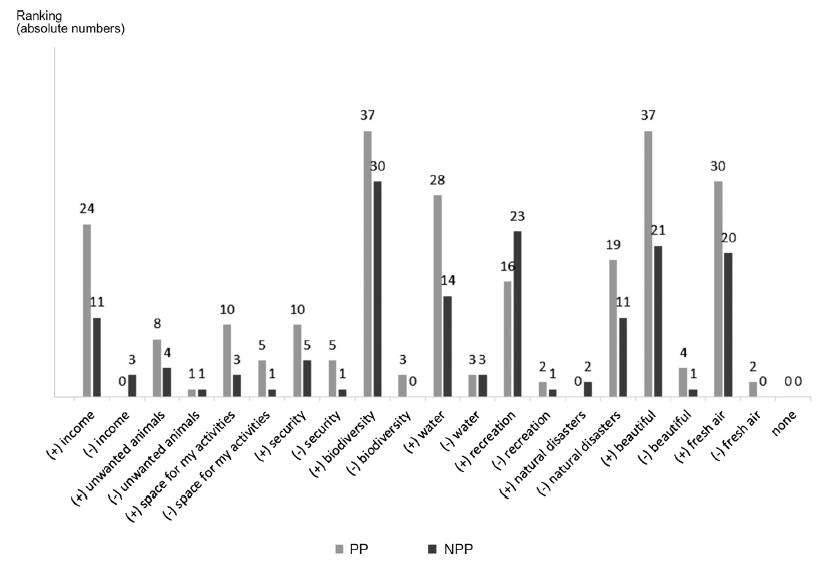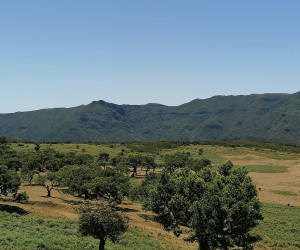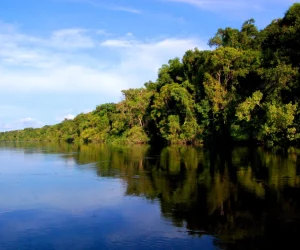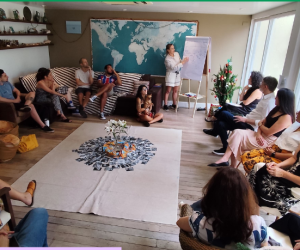Publications > Article
Socioeconomic impacts of urban restoration in the Atlantic Forest, Brazil
Ecological restoration provides a range of ecosystem services. However, the social aspects of restoration are rarely reported. This study assesses the socioeconomic effects of the restoration project called “Mutirão Reflorestamento” (MR), located in an urban fragment of Atlantic Forest in Rio de Janeiro. It was conducted a survey in eight communities, involving 139 residents, where 62 worked for the MR Project, and 77 were not directly involved. Data was collected from focus groups (N = 23, totalling 62 participants) and personal interviews (N = 44). They found out that the main positive contributions of the MR Project were job creation and increased income. The presence of Forest was also associated with the improvement of air and life quality, for example through the provision of recreational areas. The lack of formal work benefits and recently reduced budget for the project were indicated as negative aspects of the MR Project. The main recommendations to improve the Project were: enhance communication between city hall, residents and MR participants, and the appraisal and recognition of the project participants. The results represent the voices of communities directly involved and impacted by restoration, and they may contribute to improving restoration projects in tropical countries.












